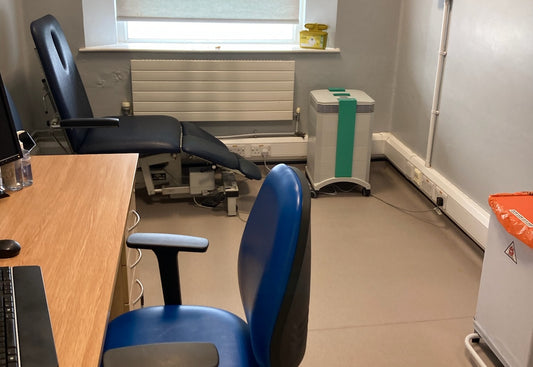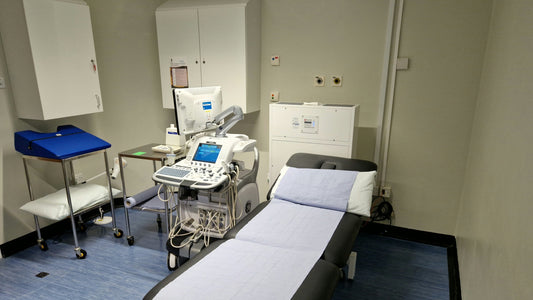The aspergillosis threat in hospitals has become more and more a concern. Modern medicine and an ageing population have combined to increase the frequency of fungal infection and the importance of invasive aspergillosis prevention. We are surrounded by microbes, including fungi. They live in the surrounding air, on our skin, and inside our bodies. In a healthy person, these fungi often do not cause any problems. But everyone with a lowered immunity, such as the elderly, patients with cancer or HIV/AIDS, and those who have had an organ transplant or who are on chemotherapy, are prey to all kinds of microbial infections (sometimes called opportunistic infections). The risk is even further increased if the patient is in intensive care because procedures like mechanical ventilation and the use of catheters tend to increase the risk of infection.
Invasive aspergillosis (IA) is infection by the common fungus Aspergillus and it is a leading cause of death among patients with impaired immunity. Invasive aspergillosis accounts for nearly half of all invasive fungal infections. It’s rapidly progressive and fatal in between 30% to 95% of cases. Major outbreaks have been linked to hospital maintenance, construction, and renovation because these activities stir up the Aspergillus spores into the air.
There is really no point in waiting until cases of invasive aspergillosis occur because an aspergillosis infection is hard to diagnose and treatment outcome is very uncertain, as can be seen from the mortality rates quoted above. Prevention of infection is the key to dealing with the threat of IA. Researchers have found that a portable high-efficiency particulate air (HEPA) filter is one of the most effective ways of reducing the risk of invasive aspergillosis infections in hospitals.
The efficiency and benefits of fixed HEPA filters in IA prevention have already been established. This new study, based in a major Hospital, looked at the impact of mobile IQAir CleanRoom air cleaners which were being used in selected wards. Data was collected for three years. Inwards where the unit was used, the incidence of invasive aspergillosis before installation was 34.61 cases per 100,000 patient days. Afterwards, the rate dropped to 17.51 cases per 100,000 days. Where there was no IQAir air cleaner, the rate of IA infection did not change over time. Therefore, the risk of invasive aspergillosis can be reduced by 50%. An IQAir Cleanroom high-performance air cleaner is an easy to install, effective and cost-efficient solution for airborne infection control.
For a free expert consultation about the best medical-grade air purifiers for your home, business or hospital, please contact us anytime on: 0203 176 0524.




